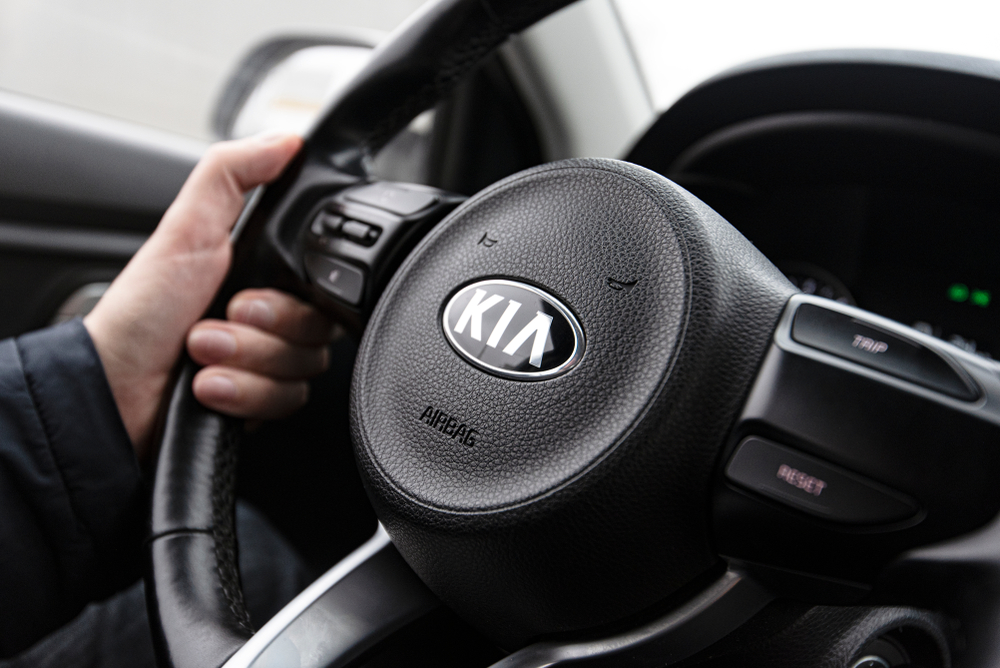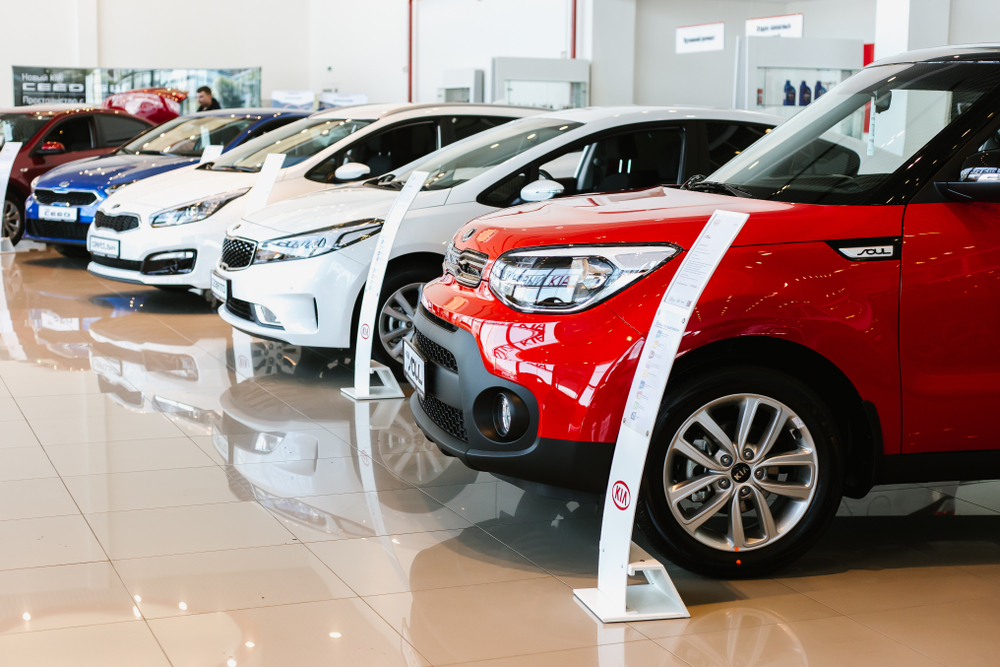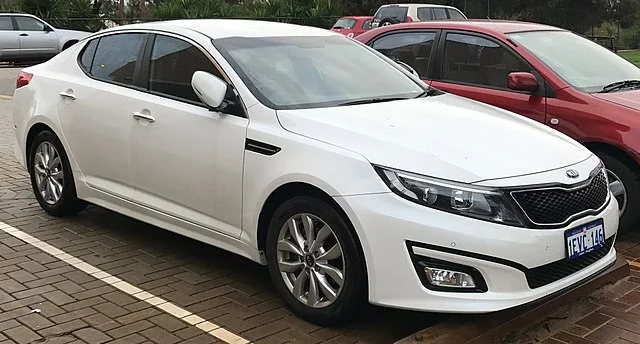The Longevity of Kia Vehicles: A Comprehensive Examination
The Longevity of Kia Vehicles: A Comprehensive Examination
Introduction
In this auspicious occasion, we are delighted to delve into the intriguing topic related to The Longevity of Kia Vehicles: A Comprehensive Examination. Let’s weave interesting information and offer fresh perspectives to the readers.
Table of Content
The Longevity of Kia Vehicles: A Comprehensive Examination

The question of a Kia vehicle’s longevity, specifically its ability to last for ten years, is a common concern for potential buyers. While the answer is not a simple "yes" or "no," a comprehensive understanding of factors influencing vehicle lifespan provides a clearer picture.
Factors Influencing Kia Vehicle Longevity:
Several factors contribute to the durability and longevity of any vehicle, including Kia models. These factors can be categorized as follows:
1. Vehicle Model and Year:
- Model: Certain Kia models, like the Sorento and Sportage, have consistently earned high reliability ratings and are known for their robust construction.
- Year: Newer Kia vehicles often benefit from improved technology, manufacturing processes, and materials, potentially leading to greater longevity. However, early models from specific years may have experienced known issues, requiring more frequent maintenance or repairs.
2. Maintenance and Care:
- Regular Maintenance: Following the manufacturer’s recommended maintenance schedule is crucial for optimal performance and longevity. This includes oil changes, tire rotations, fluid checks, and inspections.
- Driving Habits: Aggressive driving, frequent hard braking, and neglecting routine maintenance can significantly impact a vehicle’s lifespan. Conversely, driving responsibly and adhering to recommended service intervals contributes to longevity.
3. Environmental Factors:
- Climate: Extreme weather conditions, such as harsh winters or scorching summers, can accelerate wear and tear on vehicle components.
- Road Conditions: Frequent exposure to rough roads and potholes can cause damage to suspension, tires, and other components.
4. Technology and Innovation:
- Engine Technology: Modern Kia engines, particularly those equipped with direct injection and turbocharging, offer improved fuel efficiency and performance but may require more specialized maintenance.
- Safety Features: Advancements in safety technology, such as electronic stability control and lane departure warning, while enhancing safety, can also impact longevity if not properly maintained.
5. Ownership History:
- Previous Owners: A vehicle’s history can provide insights into its maintenance and usage patterns. A vehicle with a well-documented maintenance history and a single owner may suggest greater longevity.
- Accidents: Vehicles involved in accidents, even minor ones, can suffer hidden damage, potentially impacting their long-term reliability.
Evaluating Kia’s Longevity:
To evaluate the likelihood of a Kia lasting ten years, consider the following:
- Reliability Ratings: Independent organizations like J.D. Power and Consumer Reports provide reliability ratings based on data collected from vehicle owners. These ratings can provide valuable insights into a specific model’s long-term performance.
- Owner Reviews: Online forums and review websites offer a platform for owners to share their experiences, including maintenance costs and long-term reliability.
- Resale Value: A vehicle’s resale value can reflect its perceived durability and desirability. A Kia model with a strong resale value suggests a higher probability of lasting for an extended period.
FAQs:
-
Q: What are the most reliable Kia models?
- A: The Kia Sorento, Sportage, and Optima have consistently received high reliability ratings and are known for their durability.
-
Q: How can I ensure my Kia lasts longer?
- A: Adhere to the manufacturer’s recommended maintenance schedule, avoid aggressive driving, and address any warning lights or unusual noises promptly.
-
Q: What are some common Kia maintenance needs?
- A: Oil changes, tire rotations, brake inspections, and fluid checks are essential for optimal performance and longevity.
Tips for Extending Kia Vehicle Longevity:
- Regular Maintenance: Follow the manufacturer’s recommended maintenance schedule meticulously.
- Driving Habits: Drive responsibly, avoid aggressive acceleration and braking, and maintain a consistent speed.
- Environmental Protection: Minimize exposure to extreme weather conditions and rough roads.
- Early Detection: Address any warning lights or unusual noises promptly to prevent minor issues from escalating into major repairs.
Conclusion:
While there is no guarantee that any vehicle, including a Kia, will last for ten years, following proper maintenance practices, driving responsibly, and considering the model’s reliability ratings can significantly increase the likelihood of long-term ownership. By understanding the factors influencing vehicle longevity and taking proactive steps to ensure proper care, Kia owners can maximize their vehicle’s lifespan and enjoy reliable transportation for many years to come.



![How Long Do Kia Optimas Last? [Get Reliable Answers]](https://taxihack.com/wp-content/uploads/2022/04/kia-optima-lifespan-768x512.jpg)




Closure
Thus, we hope this article has provided valuable insights into The Longevity of Kia Vehicles: A Comprehensive Examination. We appreciate your attention to our article. See you in our next article!